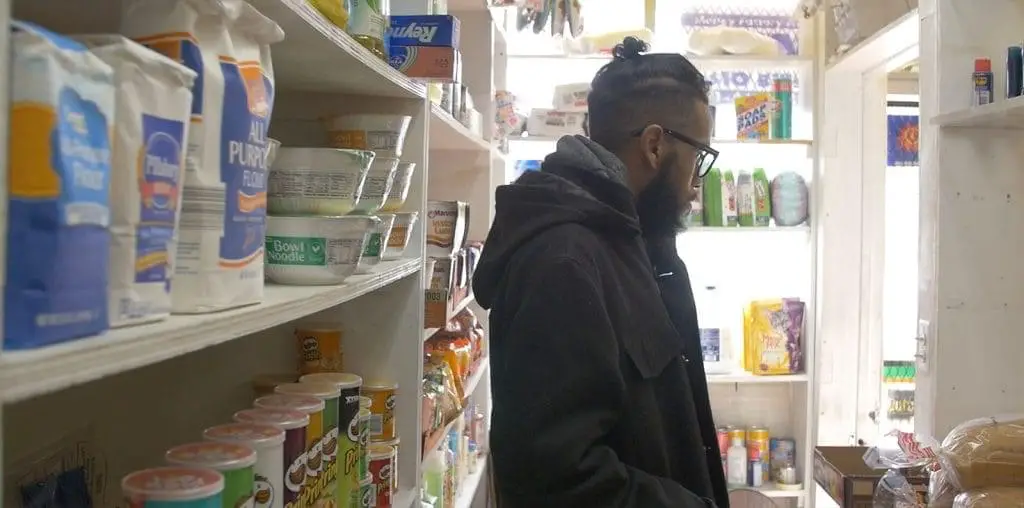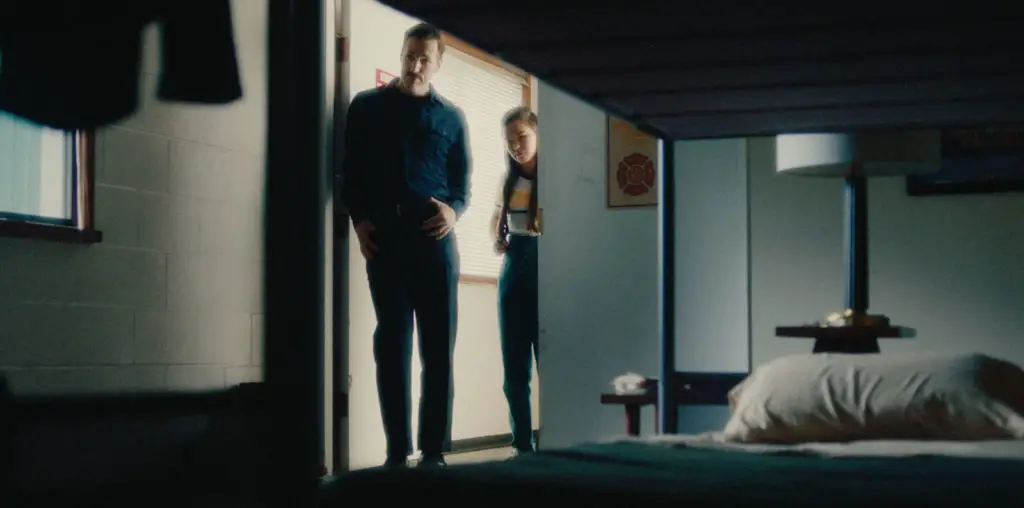
Writer-director Anthony Minghella has made a name for himself with the rather large-budgeted, star-packed literary adaptations “The Talented Mr. Ripley” and, most notably, “The English Patient,” which earned him a Best Director Oscar. Hence, it’s easy to forget that his first effort behind the camera was decidedly smaller scale in every sense–the 1991 romance Truly Madly Deeply, which was originally produced for BBC television. While certainly not on the epic scale of the two films he’s primarily known for, very much in evidence in “Truly Madly Deeply” is Minghella’s intimate touch with characters and relationships.
Juliet Stevenson is Nina, a translator who hasn’t quite gotten over the untimely death of her cellist husband Jamie (Alan Rickman). Hearing his voice at certain hours of the night is not unusual for Nina–nor is seeing rats run around her crumbling flat–but what is unusual is when Jamie’s ghost miraculously materializes one afternoon. Soon Jamie is making himself at home as if nothing has changed, but once her initial euphoria and bliss wears off, Nina realizes how different things really are.
“Truly Madly Deeply” is a truly, madly, deeply romantic film, and Stevenson and Rickman have a natural rapport. What distinguishes the film more than that is the uncommon intelligence with which Minghella approaches this fanciful situation. Whereas most films would treat the return of a departed loved one strictly as a joyous occasion, this one addresses the reality of the situation, from Nina’s withdrawal from the rest of the world soon after Jamie’s reappearance to the growing absurdity of living with a ghost–which then adds to the poignance of the story. One thread Minghella adds in the periphery, the side issue of Latin American immigrants in London, is a little preachy and dates the film a bit, but it ultimately isn’t a distraction from or detraction to the film itself, which derives most of its power from Stevenson’s terrific performance.
Despite the title being a fairly obscure one in the States, MGM has issued a fairly extensive DVD edition of the film. Minghella offers a brief video introduction to the film, which is presented the way it was shot, in its original made-for-TV aspect ratio of 1.33:1–the limits of which irk Minghella, as he states in the audio commentary. He is a soft speaker and his Brit-accented tones have a soothing quality that threatens to lull one to sleep, but the information he imparts prevents that from ever happening. He appears eager, let alone open, to pointing out all the little flaws he sees in the production, most of which a result of the film’s rushed 28-day shooting schedule (making the end product all the more impressive). Minghella reflects on the film even further in a half-hour talking-head featurette called “The Spirit of Cowardice.” Somewhat surprisingly, there is very little overlap between this interview and the commentary; Minghella speaks mostly in generalities for the featurette and delves into specifics in the commentary. Unfortunately, neither Stevenson nor Rickman is present for any of the supplemental material, and while it would have been nice to hear their reflections, as it is this DVD gives the viewer far more than one would expect to find out about the making of this buried gem.
Specifications: 1.33:1 full frame; English Dolby Surround; French and Spanish mono; English, French, and Spanish subtitles; English closed captioning.

